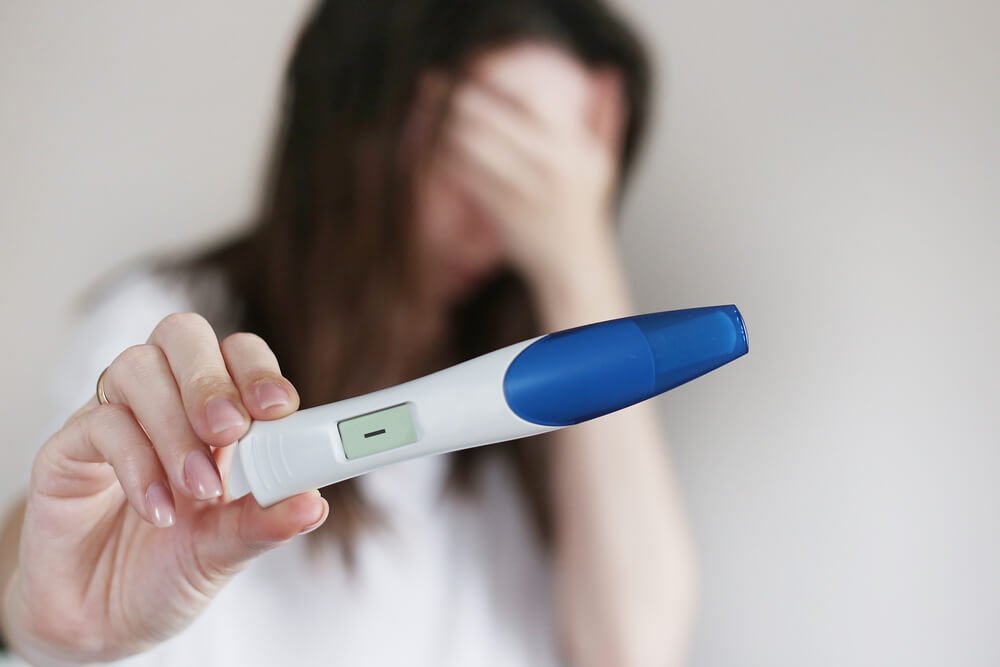What are the symptoms of unexplained infertility?
Unexplained infertility is a diagnosis given when a couple is unable to conceive after a year of regular, unprotected intercourse, and no specific cause for the infertility can be identified despite thorough medical evaluation. Symptoms of unexplained infertility may not be direct but rather related to the general difficulty in achieving pregnancy. These can include:
- Difficulty Conceiving: The primary symptom is the inability to become pregnant despite trying for at least a year.
- Irregular Menstrual Cycles: Women may experience irregular or absent menstrual cycles, which can complicate conception efforts.
- Hormonal Imbalances: Symptoms related to hormonal imbalances may include acne, excessive hair growth, or changes in weight.
- Pain: Women may experience pelvic pain or discomfort, though these symptoms are not always directly linked to infertility.
- Sexual Dysfunction: Issues such as reduced libido or pain during intercourse can also affect conception efforts.
- Recurrent Miscarriages: In some cases, couples with unexplained infertility may experience recurrent miscarriages, though this is not always the case.
- General Health Symptoms: Underlying health conditions affecting fertility, such as thyroid disorders or autoimmune diseases, might present with symptoms that indirectly affect fertility.
Unexplained infertility means that while no specific cause can be pinpointed, this does not necessarily mean that no underlying issues exist. Further evaluation and treatment options may be pursued to improve the chances of conception.
What are the causes of unexplained infertility?
Unexplained infertility occurs when standard tests and evaluations fail to identify a specific cause for a couple’s inability to conceive. While the exact reason remains unknown, several factors may contribute to unexplained infertility:
- Subclinical Issues: Minor issues with reproductive health that are not detected by routine tests can affect fertility.
- Immune System Factors: Some immune system factors, such as antibodies that affect sperm or egg function, may not be easily detectable.
- Genetic Factors: Genetic abnormalities that impact fertility might not be identified through standard tests.
- Egg Quality: Problems with the quality or maturity of eggs may not be evident in typical fertility assessments.
- Sperm Quality: Issues with sperm motility or morphology that are not detected by standard semen analysis could play a role.
- Hormonal Imbalances: Hormonal issues affecting ovulation or sperm production might be subtle and not always identified through standard tests.
- Lifestyle Factors: Factors such as stress, diet, and environmental exposures can affect fertility but may not be apparent in medical evaluations.
- Unknown Factors: Some causes of infertility might be beyond current medical understanding or diagnostic capabilities.
In cases of unexplained infertility, treatment options typically include assisted reproductive technologies (ART) such as in vitro fertilization (IVF) or intrauterine insemination (IUI), along with lifestyle modifications and other supportive measures to enhance the chances of conception.
What is the treatment for unexplained infertility?
The treatment for unexplained infertility typically involves a combination of approaches to improve the chances of conception. The specific treatment plan may vary based on individual circumstances and the preferences of the couple. Here are common treatments:
- Lifestyle Modifications: Changes in diet, exercise, and stress management can sometimes improve fertility. Both partners may benefit from adopting a healthy lifestyle.
- Medications: Fertility drugs, such as clomiphene citrate or letrozole, may be prescribed to stimulate ovulation in women. Hormonal treatments might also be used to address any subtle hormonal imbalances.
- Intrauterine Insemination (IUI): This procedure involves placing sperm directly into the uterus around the time of ovulation. It can increase the chances of sperm reaching the egg.
- In Vitro Fertilization (IVF): IVF involves stimulating the ovaries to produce multiple eggs, retrieving the eggs, fertilizing them in a lab, and then transferring the resulting embryos into the uterus. IVF can be particularly effective for couples with unexplained infertility.
- Intracytoplasmic Sperm Injection (ICSI): A form of IVF where a single sperm is injected directly into an egg. This can be used if there are concerns about sperm quality or fertilization.
- Advanced Techniques: Options like preimplantation genetic testing (PGT) to screen embryos for genetic abnormalities or egg/sperm donation may be considered depending on individual factors.
- Supportive Therapies: Acupuncture, counseling, or other complementary therapies may be used to support overall well-being and reduce stress.
The choice of treatment depends on factors such as age, overall health, and personal preferences. It’s often helpful for couples to work with a fertility specialist to develop a tailored approach based on their specific needs.

Leave a Reply
You must be logged in to post a comment.